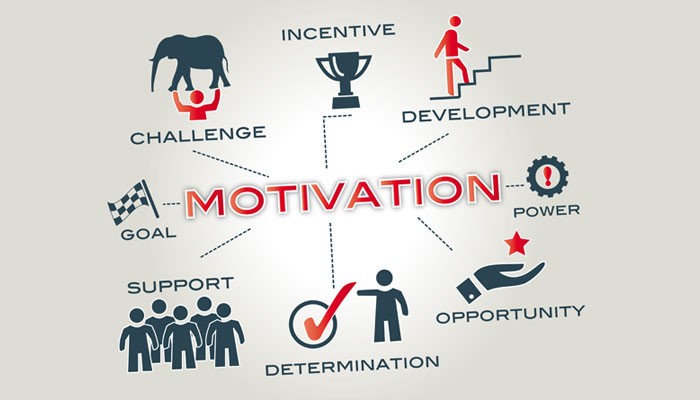Incentive Motivation Theory: Everything You Need to Know
September 9, 2020
Employees have different motivations for working hard and remaining dedicated to a company. One motivation for many employees is receiving incentives for practicing good work ethic. Mastering the incentive theory of motivation can help improve your management style, help your team members feel more valued and help focus your own professional development goals.
In this article, we explain what the incentive theory of motivation and how to apply it in the workplace.
Related: Setting Goals to Improve Your Career
What is the incentive theory of motivation?
The incentive theory of motivation suggests that people are motivated by a drive for incentives and reinforcement. It also proposes that people behave in a way that they believe will result in a reward and avoid actions that may entail punishment.
Employees might behave differently in similar situations depending on the incentives available. For example, an employee might work harder on a project to earn a good review or to avoid a poor review than if they don’t receive a review at all. Their motivation is their desire to receive a reward or avoid punishment via a performance review at the end of the project.
The value of the same incentive may change depending on the time and circumstance. People may value similar incentives differently. Psychological and social factors can have a role in determining which people have a motivation for different incentives. Incentives only work as motivational tools if individuals place value on the reward they will receive for their actions.
Incentives in the workplace, as in other facets of life, can also be positive or negative:
Positive incentives. Provide positive assurance that an employee will receive something they desire in exchange for doing their work well. Examples of positive incentives include recognition, promotions, raises and so forth.
Negative incentives. Correct mistakes or discourage certain behaviors. Negative incentives include reprimands, demotions, pay decreases and other kinds of penalties.
Related: Intrinsic vs. Extrinsic Motivation
Different workplace incentives
Monetary and non-monetary are the two main categories of workplace incentives. Monetary incentives are straightforward—many employees work harder if they have a chance to receive a raise or have a higher salary. Financial compensation can be psychologically rewarding, but it also helps employees to feel secure within the company and their roles.
Non-monetary incentives include a range of types:
Job security
Recognition
Professional development
Promotion
Job security
Job security is one form of non-monetary incentive that can motivate people at work. For example, receiving tenure or ending a probationary period can make someone feel more secure and motivated to contribute to the company or organization. Once they feel like their contributions matter, they may work harder to help the business excel. You can reinforce job security by giving annual performance reviews in which you offer positive reinforcement and constructive feedback.
Recognition
Recognition is also an important form of non-monetary workplace incentives. Employers may offer rewards for hard work, achieving a goal or working with the company for so many years. In many cases, companies offer a monetary reward along with recognition. An employee of the month award is a common recognition that many companies use. Another type of small recognition could include praising an employee during a team meeting. Publicly praising an employee for their hard work can also show other team members the work ethic they should strive to meet.
Professional development
Professional development opportunities can also provide incentives to employees. Developing their skills can be an important motivator. Employers may offer tuition reimbursement, send employees to conferences or seminars or develop an in-house training program for developing skills. You could also begin a shadowing program in which employees in your department work with colleagues in another area of the company to learn more about the organizational process.
Promotion
The opportunity for promotion is an important workplace motivator. Promotions offer the opportunity for growth and advancement and can be very satisfying and motivating. They also help employees excel in their professional development. When an employee receives a promotion, they usually have a higher sense of job security. Employees usually receive promotions at the same time as a raise.
Related: Using Performance Management in the Workplace
Applying the incentive theory of motivation in your career
Understanding how your core values affect your motivations can help you excel in your career. Core values are the ideals, beliefs and personal ethics that guide your decision-making process. Determining what your core values are can help you better understand what kinds of incentives you respond best to. You can then use those incentives to motivate yourself into achieving your professional goals. Understanding your core values can also help you find jobs and companies that align more closely with your ideals, which will make you happier and more productive at work.
To identify your core values, consider the following:
Your favorite part about your current job
The aspects of your job that make you happiest
What you look forward to during your workday
By identifying your core values, you can make adjustments in your work life in response. For example, if you find that you are motivated by non-monetary incentives, you could ask your manager for a promotion or about opportunities offered by the company for professional development.






إرسال تعليق